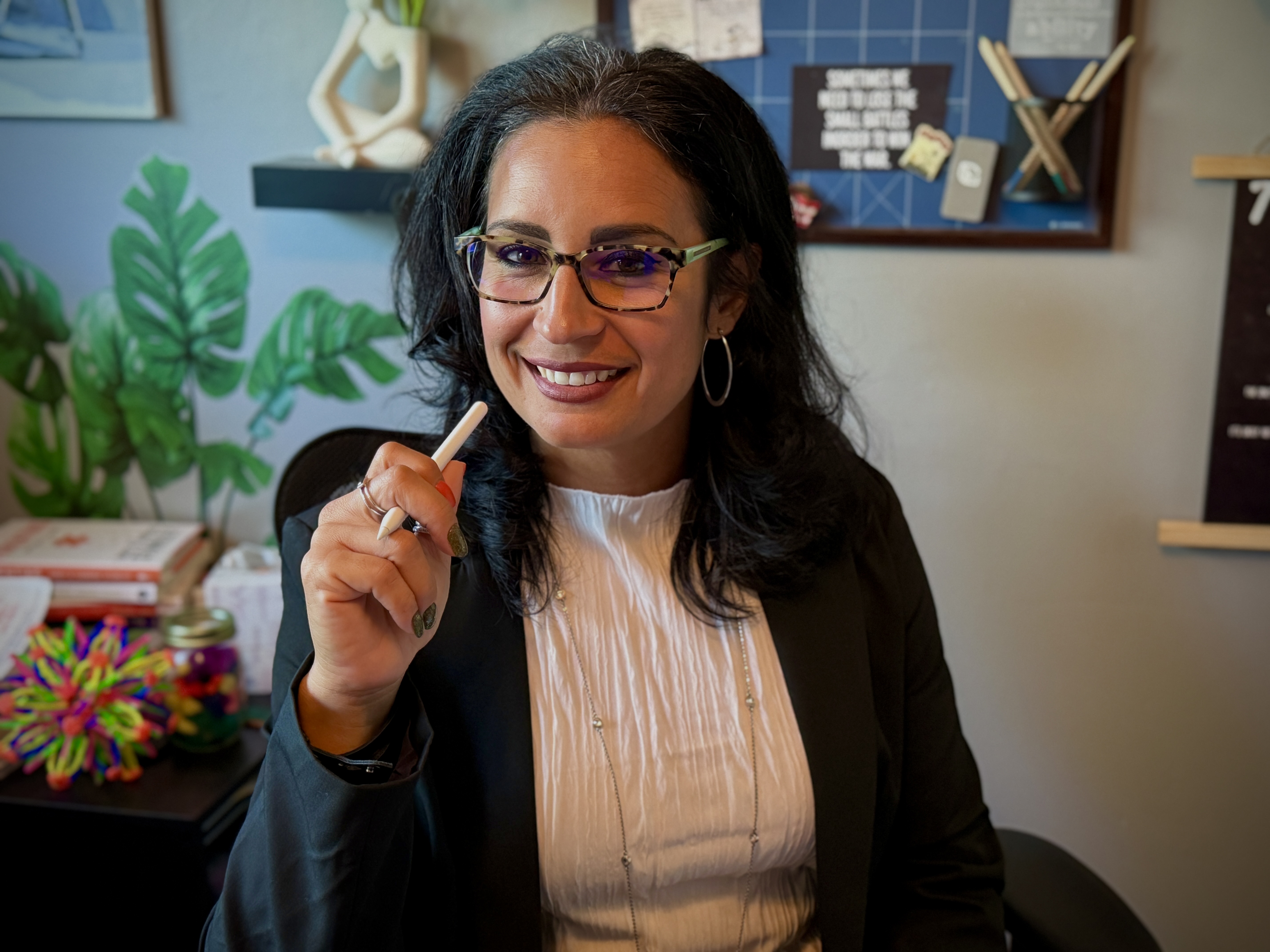Raising a Complex Child: When Everyday Life Feels Like a Project
- Yvette E. McDonald, LCSW-QS, CMNCS

- Feb 2, 2018
- 3 min read
Ever find yourself sitting in the confusion of your child wondering what you’re doing wrong, why they don’t “get it,” or how many times you’ll have to go over the same concept, routine, or behavior?
Maybe you’ve tried every parenting strategy out there… or maybe you haven’t tried much at all because you honestly don’t even know where to start.
Welcome to the world of raising a complex child. What I often describe as the ones who take the simple out of everything and feel life at an intense level.

What It Means to Raise a Complex Child
When I say complex, I’m talking about the children who are wired differently, often deeply feeling, highly sensitive, and beautifully intense.
They might be neurodivergent (ADHD, autistic, gifted, sensory-seeking, or all of the above). Or they may simply experience the world through an amplified lens. These are the kids who can move mountains when inspired… and crumble when overwhelmed.
With them, everything becomes more.
More energy. More questions. More emotion. More noise. More love.
And while it’s easy to get lost in the chaos of it all, I want you to know: you’re not doing it wrong. You’re simply parenting a child whose nervous system, brain, and heart speak a different language.
Step One: Breathe Before You Teach
There’s something profoundly regulating about simply pausing to breathe.
Before you speak, fix, teach, or redirect stop and take one slow inhale.
Your calm nervous system becomes the anchor your child’s dysregulated one needs.
When you start from calm, you parent from clarity, not chaos.
Step Two: Mind Your Thought Patterns
Our thoughts are powerful triggers. When we start spiraling (“Why can’t they just listen?” “I’m failing at this”), we move from response to reactivity.
This isn’t about silencing your feelings, it’s about staying aware of the story you’re telling yourself.
Try catching those internal thoughts with curiosity instead of criticism:
“This is hard, but I can pause.”
“My child’s nervous system is overwhelmed, not defiant.”
“We both need safety before solutions.”
Step Three: The Rock and Play Dough Technique
Here’s a tool I teach parents called The Rock and Play Dough Technique.
When a situation escalates, ask yourself:
“Is this a Rock — something firm, like safety or a boundary — or is this Play Dough — something flexible that we can shape together?”
If it’s a Rock, stay steady and breathe through it. If it’s Play Dough, engage your child in problem-solving once everyone is calm.
And when it’s both (which it often is), always start with breathing before reasoning. A regulated brain can learn. A dysregulated one can’t.
Step Four: Work Together, Not Against
When things have settled, take time to “sit on the sidewalk” my way of saying, meet your child where they are.
Ask their perspective. Let them explain what happened in their words. Then, calmly discuss next steps or solutions.
You’ll be amazed how much more progress happens when kids feel heard rather than managed.
Step Five: Refill Your Own Tank
Parenting a complex child takes a lot out of you: mentally, emotionally, physically, and even spiritually.
You can’t co-regulate when you’re depleted.
You can’t model calm if you’re running on fumes.
So please, take your self-care seriously. Rest, eat, hydrate, and create moments of quiet that are yours alone. You are the emotional thermostat of your home, keep your system nourished, too.
Some days will be harder than others. You’ll feel tired, frustrated, and unsure. But underneath all that intensity lies a child whose world is brighter, deeper, and more connected than most people can imagine.
Their “complexity” is not a flaw, it’s their gift.
And your role is not to fix it, but to help them find ways to thrive within it.
You’re both learning a new rhythm: one that’s slower, softer, and anchored in connection instead of control.
Reflection Prompt
When do I feel most reactive with my child and what might my body be trying to tell me in those moments?
Additional Resource
If you found this helpful, you might also enjoy my 5-Point Scale Guide: a practical tool for helping kids (and parents) understand and regulate their emotions using color and number cues.

Yvette is a psychotherapist, Licensed Clinical Social Worker (LCSW), and Certified Mental Health and Nutrition Clinical Specialist (CMNCS) who takes a holistic, neuroscience-based approach to mental health. She integrates psychology, nutrition, and nervous system regulation to empower individuals and families to understand their emotions, behaviors, and well-being. Through her practice, Nourivida Wellness, she provides concierge mental health services for neurodiverse individuals, couples, and parents seeking growth and connection.



